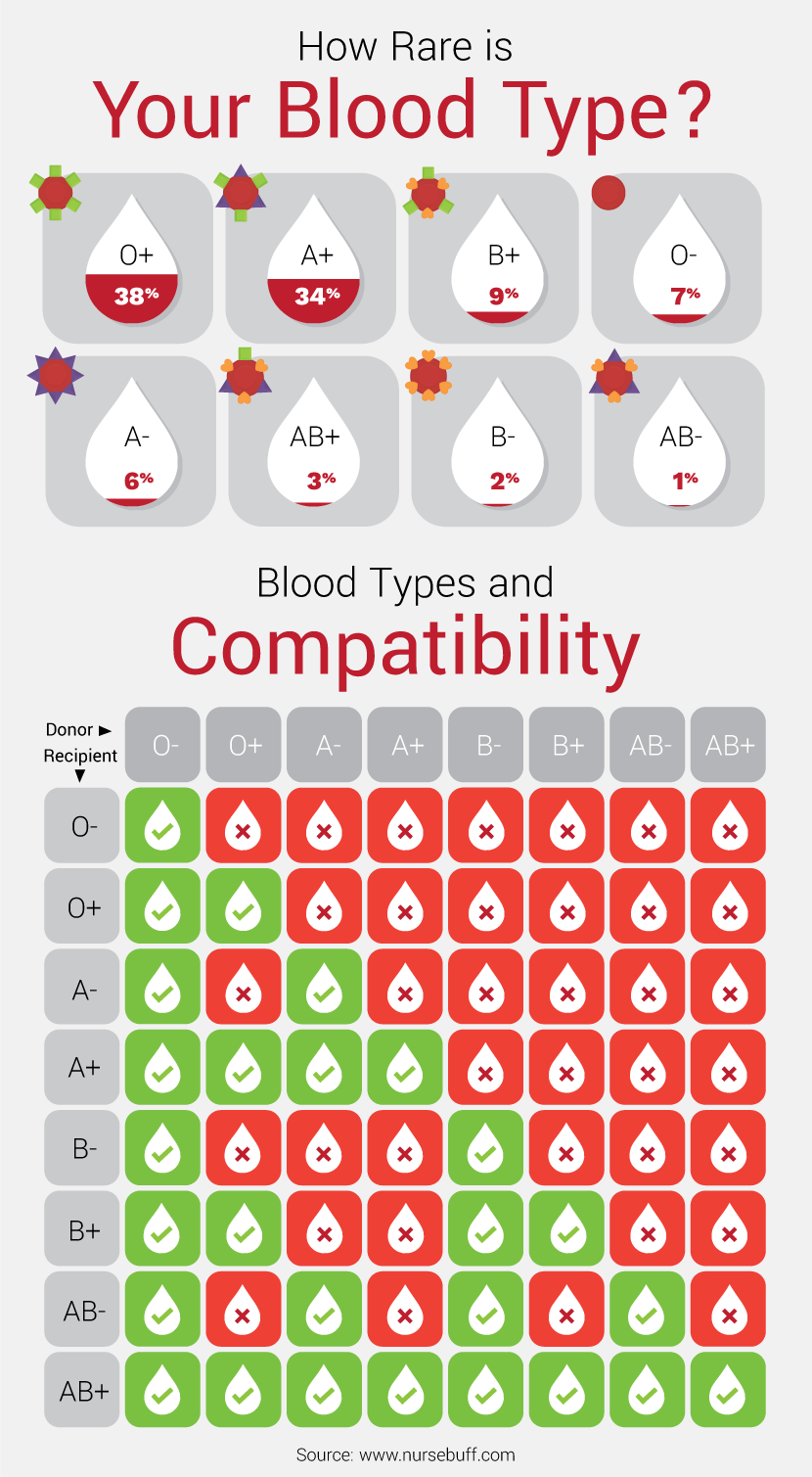[Health] 10 Surprising Facts About Donating Blood

In a world where nearly everything can be manufactured, rebuilt, and redesigned, scientists are still unable to make artificial blood, meaning people who need blood transfusions must still rely entirely on donations. Unfortunately, donations haven't been able to keep pace with their tremendous need.
Here are some interesting and alarming facts about donating blood that may make you more keen to get down and donate.
1) DONATING BLOOD IS GOOD FOR YOUR HEART
Blood flow and blood volume is integral to keeping the heart beating. However, while it may sound counterintuitive, regularly donating blood can actually improve heart health, not compromise it. According to Blood Flow Online, donating blood regularly can help to reduce how thick and sticky your blood is, thus allowing blood to flow more easily through the blood vessels and reach the heart faster.
2) DONATING BLOOD LOWERS YOUR CANCER RISK
Donating blood can reduce the donor's risk of developing cancer. Iron, one of the main minerals found in blood, has been known to increase the amount of free-radical damage in the body. However, a 2008 study found that donating blood helps reduce iron stores, thus reducing overall individual cancer risk.
3) COULD JUSTIFY SKIPPING A WORKOUT
If saving the lives of others and improving your own personal health isn’t enough to get you to donate blood, how about the possible weight loss advantages. According to LiveStrong, you can burn about 650 calories per donation of one pint of blood —that's even more than what you burn in a 30 minute run!
4) ONE MAN SAVED 2 MILLION BABIES DUE TO HIS RARE BLOOD
While it’s estimated that the average person can save about 1,000 lives in a lifetime due to donating blood, James Harrison was able to save around 2 million due to his rare blood type. Harrison’s blood contained high levels of an antibody known as anti-D immunoglobulin which was specifically used to help babies with a condition known as Rhesus disease. In short, the immune system of mothers carrying babies with Rhesus disease attacks the fetus. However, a transfusion of Harrison’s blood can prevent such an attack.
5) COCONUT WATER CAN BE USED AS SUBSTITUTE IN EMERGENCY
According to ABC Science, in the case of an emergency, medical professionals can substitute coconut water as an alternative to plasma. Although the two are far from identical, coconut water has about one-fortieth the sodium level of plasma, while the potassium level is about 10-15 times higher. In the case where there is no IV available for a dehydrated patient, drinking coconut water will do.
6) MOST BLOOD GOES TO CANCER PATIENTS
We may picture road-side trauma when we imagine where blood donations go, but in reality, only about 2 percent of all blood donations go to trauma patients. It’s actually cancer patients who receive the most blood.
7) BLOOD SHORTAGES HAPPEN MOST DURING THE HOLIDAYS
Everyone tends to get a bit busy over the holiday, and blood donation trends show this. According to the Community Blood Bank of Northwest Pennsylvania and Western New York, blood shortages happen most during summer and winter holidays, so this is when you should keep the practice in mind most.
8) SOMEONE NEEDS BLOOD EVERY TWO SECONDS IN THE U.S.
It’s hard to imagine just how important blood donations are, but according to the American Red Cross, someone in the U.S. is in need of blood every two seconds. Aside from those with cancer and trauma patients, blood donations are also used for surgeries, obstetrics, and patients with specific blood disorders.
9) TYPE O POSITIVE BLOOD IS THE MOST COMMONLY NEEDED
Although all types of blood are needed and accepted, type O positive is the most needed. It's the most common blood type, so it's the most likely to be to transfused.
10) ONLY 10 PERCENT OF ELIGIBLE U.S. POPULATION DONATES BLOOD
According to New York Blood Center, anyone 17 years old, weighing at least 110 pounds, and who is in good health is eligible to donate blood, but fewer than 10 percent of the eligible population do so.
Article Source:http://www.medicaldaily.com/10-surprising-facts-about-donating-blood-most-needed-blood-type-time-year-most-408705
Image Source: : p style="text-align:center"><span style="font-size:14pt"><img src="https://www.fix.com/assets/content/19953/blood-types-compatibility.png" style="width:75%"
VOCABULARY WORDS:
1. Transfusion (n.) ~ an act of transferring donated blood, blood products, or other fluid into the circulatory system of a person or animal
2. Tremendous (adj.) ~ very great in amount, scale, or intensity
3. Eligible (adj.) ~ having the right to do or obtain something satisfying the appropriate conditions
4. Rely (v.) ~ be dependent on
5. Pace (n.) ~ consistent and continuous speed in walking, running, or moving
QUESTIONS FOR DISCUSSION:
1. Have you ever donated blood? If yes, describe the process you had to undergo. If no, what would prompt you to make a donation?
2. According to the article, what are the various benefits of donating blood?
3. Why is blood donation important? How would you encourage Korean people to donate blood?